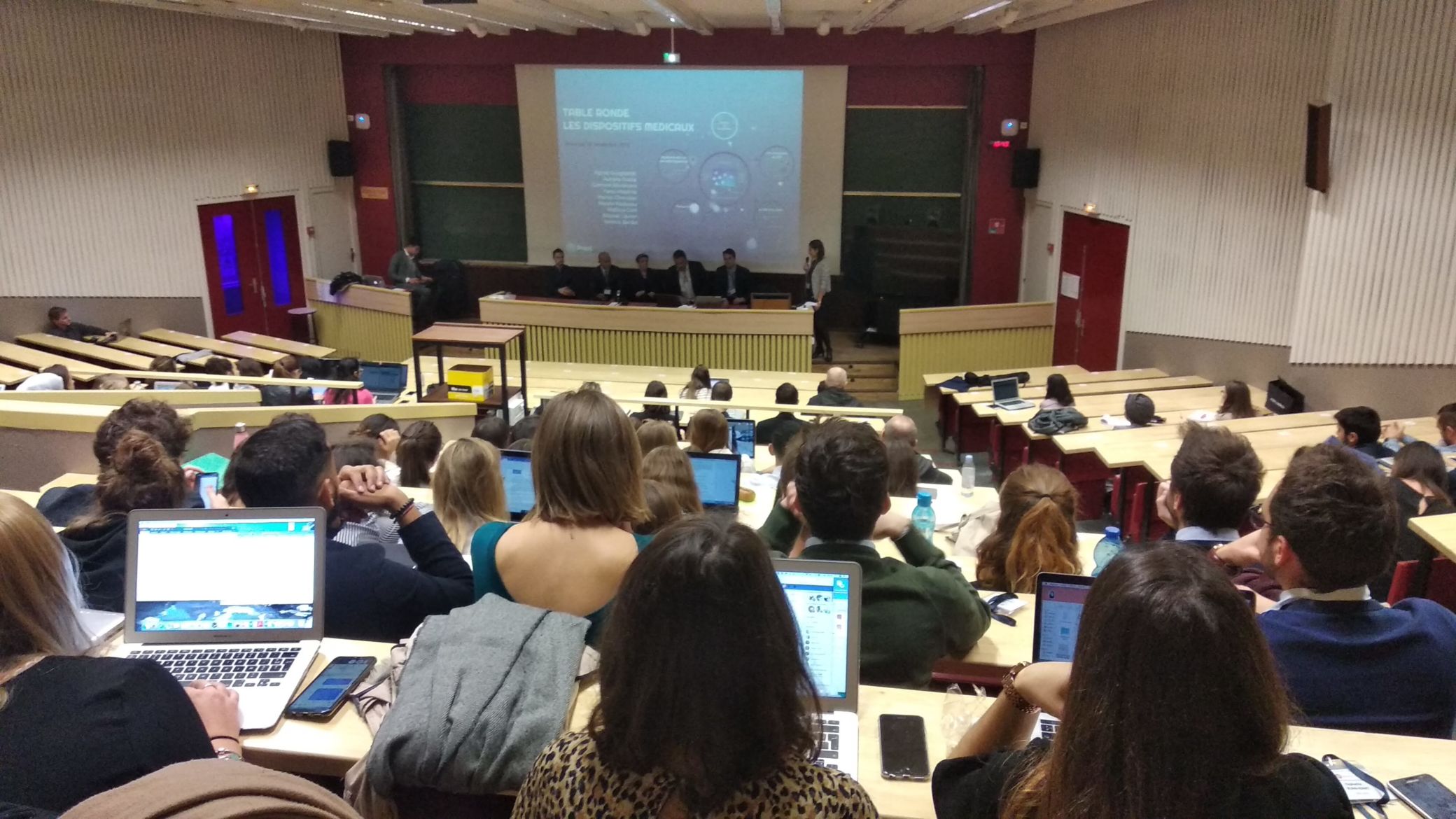General joint competencies
General scientific skills of the Healthcare Engineering specialization (common to all courses)
Master the knowledge, concepts and techniques required to :
- Analyze, synthesize and integrate scientific, technical, regulatory, economic and organizational information into a project.
- Critically analyze different processes and suggest improvements
- Negotiate with a variety of interlocutors and take their opinions into account when devising a strategy.
- Anticipate risks and malfunctions and take corrective action
- Draft procedures incorporating international regulations and company or laboratory standards.
- Integrate compliance with procedures into project design and implementation.
- Design and implement monitoring and analysis tools (dashboards, graphs, etc.), analyze variances and adjust project progress accordingly.
- Explore a research topic and its limits, and design corresponding study protocols
- Research and analyze documentation relating to the subject under study and design an appropriate documentary watch
- Define general organization and production schedules and monitor progress, taking any necessary corrective action.
- Master all aspects of a quality approach, applying it to the technical and organizational fields.
- Completing applied research
- Drawing up specifications
- Study pre-projects and projects
- Design, prepare, carry out and analyze pilot studies, new products and processes
- Preparing technical and regulatory files
- Overall coordination and management of a study project, the teams involved and subcontractors
Specific professional and methodological skills and qualities
With the aim of training future managers of technological innovation and development within the company, students will acquire :
- the ability to manage a knowledge portfolio and maintain an active technology watch,
- the ability to grasp new concepts or knowledge, and the ability to confront new situations with this knowledge,
- the ability to apply project management methods: organizing and planning tasks, managing human and financial resources,
- mastery of the organizational and methodological tools of project management: health product design and formulation, clinical operations, database management and production management (process validation and qualification, purchasing management, inventory management, flow management and optimization, scheduling),
- development of marketing strategies, coordination and validation of marketing action plans, market research,
- the ability to manage projects in a Total Quality context.
Cross-disciplinary skills (organizational and relational) common to all Health Engineering specializations
- Ability to work independently and as part of a team, to manage, motivate, evaluate and communicate with a team,
- Be familiar with the legal framework governing the confidentiality of information and data, and with patent and trademark legislation,
- Design or analyze a study program, integrating technical, organizational, ethical and regulatory aspects,
- Set up a documentary search adapted to the subject of study, manage a competitive intelligence watch based on publications, design a Competitive Intelligence system,
- Know and use IT methods and materials (software, hardware, procedures, etc.),
- Statistical data processing techniques, computer database management and sharing rules,
- Master the methods needed to implement a quality approach and manage audits and inspections,
- Know the quality standards, recommendations and regulatory requirements applicable to the sector and related professions,
- Master management techniques: project management, quality management, deadline management, risk analysis, financial analysis and cost management,
- Know the basics of economics and management,
- Know the basics of health economics, and know how to integrate these data into a strategy or sales pitch,
- Know how to analyze the economic impact of pathologies and their evolution in terms of public health or healthcare costs,
- Analyze epidemiological data relating to healthcare costs and draw public health conclusions,
- Proficiency in one or more foreign languages (English, German, Spanish or Italian),
- Exchange information with colleagues and communicate with third parties,
- Master the basics of people management: setting objectives, workload plans, training, motivation, performance monitoring, evaluation.
